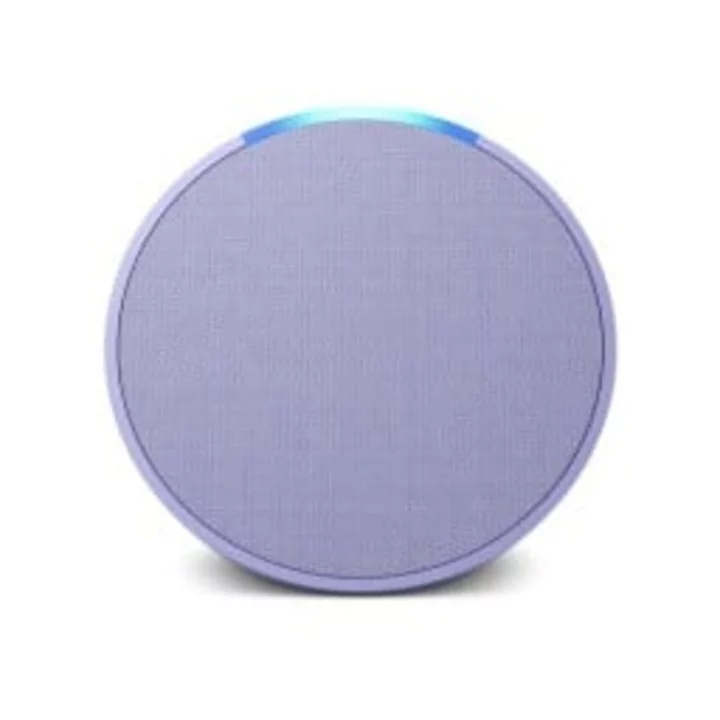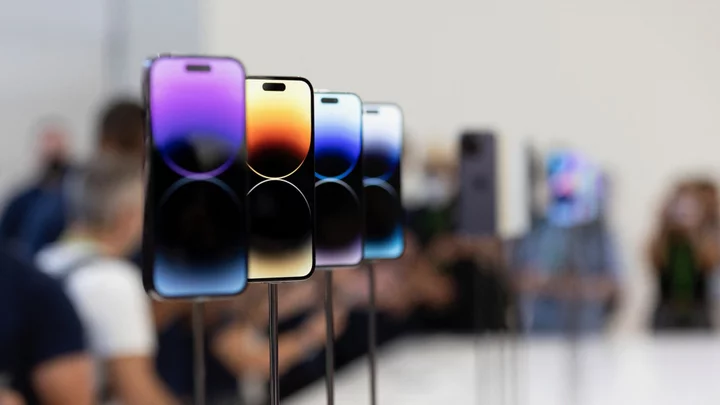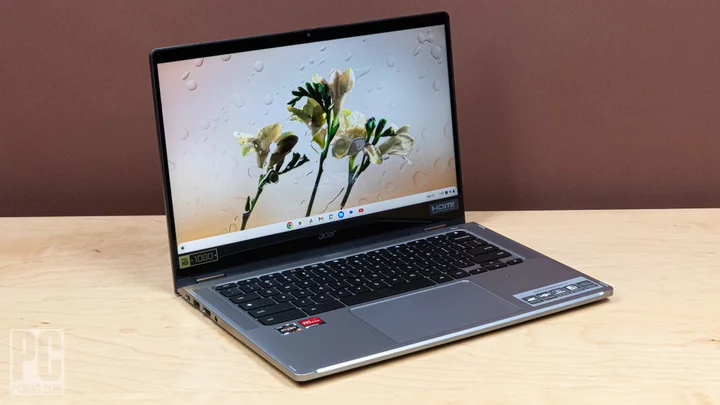This content originally appeared on Mashable for a US audience and has been adapted for the UK audience.
Wired headphones have come back around to score "It Girl" credentials with Gen Z, but wireless headphones are still the direction of technological travel. Lots of devices don't even have headphone jacks now, so going wireless is becoming the more universal option. It also means there’s no need to carry around extra dongles to plug your headphones into your phone. And we are talking headphones, not earbuds.
Earbuds might be more convenient for on-the-move lifestyles and fitness, but headphones are the audiophile’s choice. And they do a great job of shutting out the outside world. Headphones create a seal over your ears to block out exterior noise, so even if they aren't technically "noise cancelling", they will still do a decent job preventing unwanted sound from interfering with your music or podcast.
Buying headphones can be a tricky business. The sheer number of available models and the ever-advancing tech — all designed to cater to different listening habits and lifestyles — makes it hard to pick the best pair of headphones for you. Need some help? Here’s some handy headphone information.
How do wireless headphones work?
Most wireless headphones are Bluetooth-enabled, the standard technology these days for hooking your headphones to a smart device. Other options include old radio frequency technology. Bluetooth is the standard and work perfectly well for music and podcasts, but if you’re using wireless headphones to hook up to your TV, radio frequency might be a better choice because there’s less chance of lag between picture and audio — sometimes an issue with Bluetooth unless your device and headphones support the best codecs.
What are the most important headphones features?
Some of the jargon around headphones can be confusing, so we've broken down some of the most important headphone features to help you pick the perfect pair:
Bluetooth codecs — These are clever bits of software that encode and decode digital audio signals. The codecs decode at a specific bitrate, which determines whether the headphones have a high or low latency (AKA lag), measured in milliseconds. Look out for headphones with low latency that support Qaulcomm’s aptX codecs, which are usually rated as the best codecs for streaming video content or hooking up to a TV.
Closed-back/open-back — Closed back headphones have completely sealed ear cups, which directs sound to your ears and keeps out ambient noise. Closed-back are often the go-to choice for commuting and noisy environments. Open-back headphones let air into the ear cup but can cause sound leakage that goes both ways — in and out. This is sometimes found on very expensive headphones for clearer, natural sound.
Drivers — These are little cone-shaped gadgets in the ear cups that are responsible for your tunes. They convert electrical signals into sounds. For over-ear headphones, they usually measure between 20mm and 50mm in headphones.
On-ear and over ear — These are self explanatory but it's always good to be clear. On-ear headphones sit on your ear, while over-ear have bigger cups that go over the entire ear. On-ear are usually more portable, with better battery life, while over-ear create a more immersive experience and often support noise cancellation. Over-ear is becoming the more common style.
Keep these features in mind when shopping around for your next pair of headphones.
What is noise cancellation?
Noise cancellation is exactly as it sounds — a method of cancelling out external noise to help you shut off the outside world and get deep into the listening zone.
There are two kinds of noise cancellation: passive and active noise cancellation. Passive noise cancellation happens by design as the physical build of the ear cups creates a seal to block incoming sounds. Active noise cancellation (ANC) is a bit more complicated. It uses tiny microphones within the ear cups, which detect incoming noise and emit sound waves to cancel out that noise. Some headphones feature different ANC modes, such as “transparency mode”, which allows certain noises to get through, such as voices. That means you can immerse yourself in the music but always know when a friend or colleague starts a conversation.
What are the best wireless headphones?
To help you decide, we've rounded up the best wireless headphones based on reviews, listening experience, and customer comments. They range in quality, features, and price, so there's something for everyone.
These are the best wireless headphones for 2023.









